The last couple months, we've been recapping our Biblical Approach to Finances series which we started back in 2022. In September, we reviewed the foundation basics, and in October, we reviewed budgeting. You can find those two posts below:


To complete this series, let's review the savings blogs. Just like in the other main sections of this series, we start off by getting our attitude in-line.
Savings Attitude
This blog was shorter and a bit different than the typical blog articles, in that it was mainly just Bible verses related to savings. Does God want us to save? What should our attitude be towards saving? I'll share a few of the verses from this blog, but I'd encourage you to check out the full article here:

"As for the rich in this present age, charge them not to be haughty, nor to set their hopes on the uncertainty of riches, but on God, who richly provides us with everything to enjoy. They are to do good, to be rich in good works, to be generous and ready to share, thus storing up treasure for themselves as a good foundation for the future, so that they may take hold of that which is truly life." -1 Timothy 6:17-19
This passage doesn't specifically mention God telling us to save money; however, it does give us a good perspective on our money in general. Here are some more specific verses on our attitude:
It is wise to save and foolish to use up
"Precious treasure and oil are in a wise man's dwelling, but a foolish man devours it." - Proverbs 21:20
We are to be good stewards
"Moreover, it is required of stewards that they be found faithful." - 1 Corinthians 4:2
After spending time reflecting on what our attitude towards savings should be, we moved on to specific types of savings.
Types of Savings
The three types of savings discussed were the emergency fund, rainy day fund, and long-term fund. An emergency fund is designed to prepare for sudden, unforeseen events including an ER visit, unforeseen car repairs, unforeseen and necessary home repairs (plumbing, HVAC, etc.) The goal should be to not have to put these expenses on a credit card.
The rainy day fund is to plan for a loss of income. If someone loses their job or is out of work, it's typically for 3-6 months. Therefore, you need to have money saved to prepare for a loss like this. There are two options for this savings fund which is discussed in the full blog.
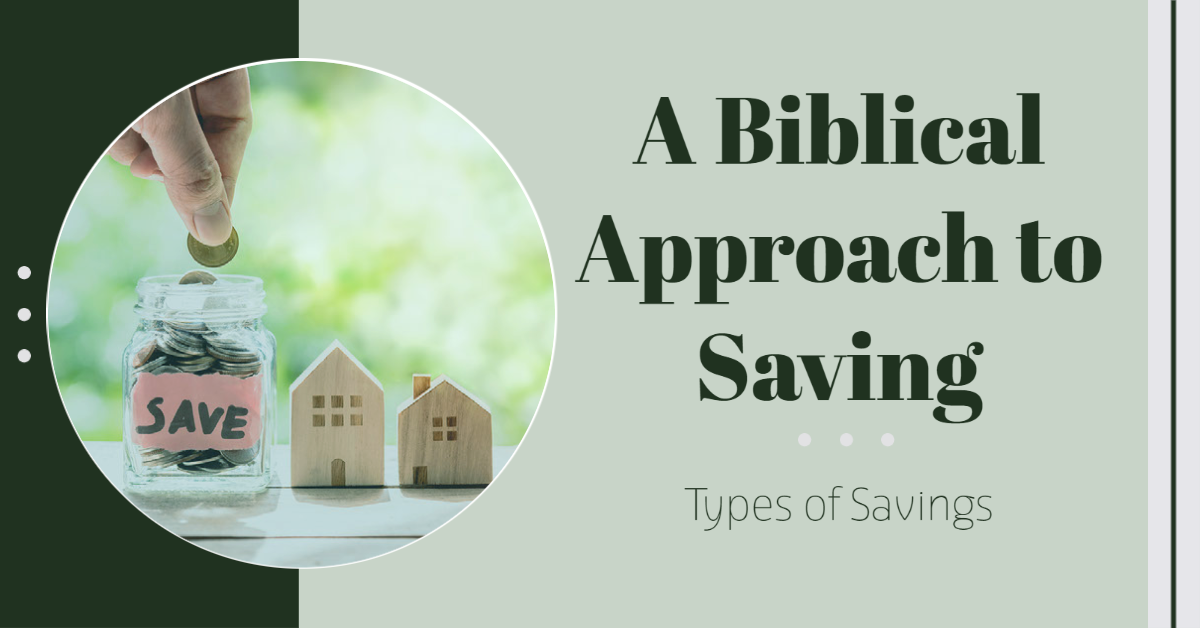
Finally, the long-term funds include saving for things like life insurance and college. Investing is closely tied to long-term savings, which was the focus of the last 2 blog articles of this series.
Attitude behind investing
Similar to our attitude towards savings blog, this was a shorter blog focusing on reflecting on some verses related to money/investing. Here are two of the key points discussed:
We must avoid the love of money
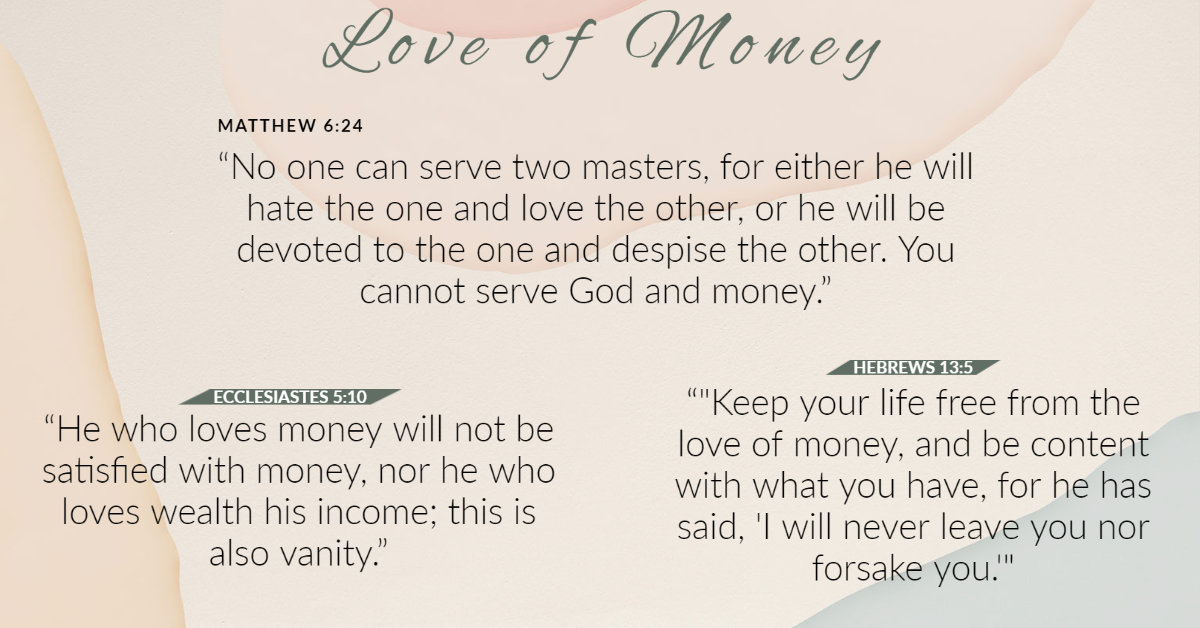
We must do something with what He has given
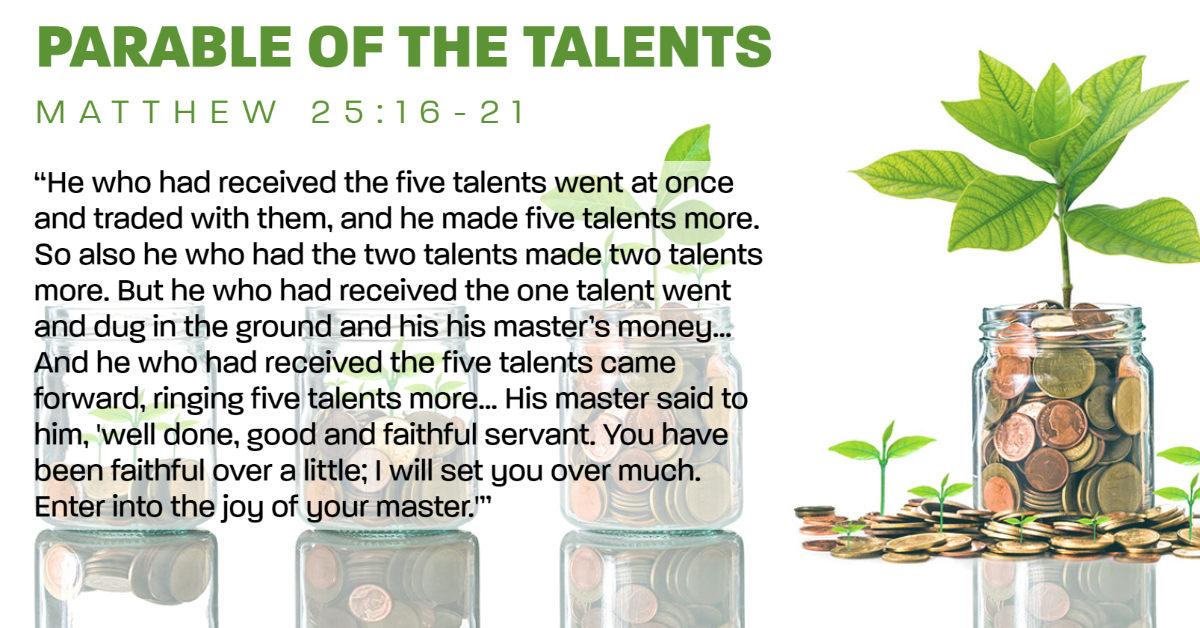
I go into more details in the full blog:
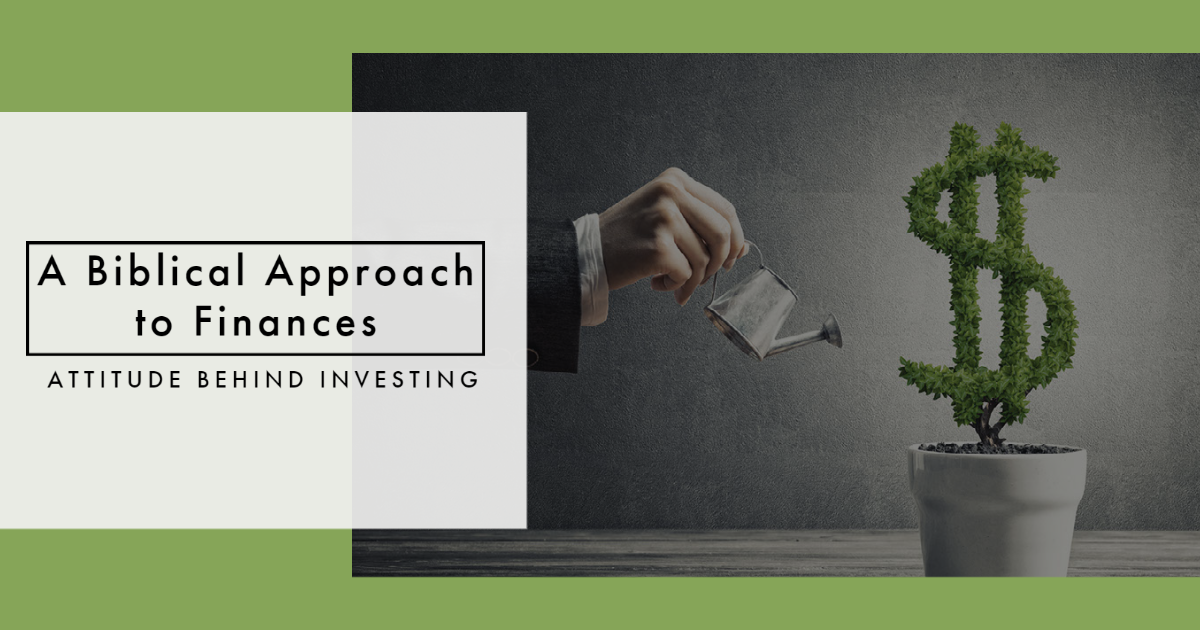
Investing 101
The last blog was a bit more complex because a lot goes into investing. This blog was longer and covered:
- What makes a good investment?
- Risks and Returns
- Types of Investments
- Picking the right investments
While this is a longer blog, I'd encourage you to read through the whole thing if you haven't already.
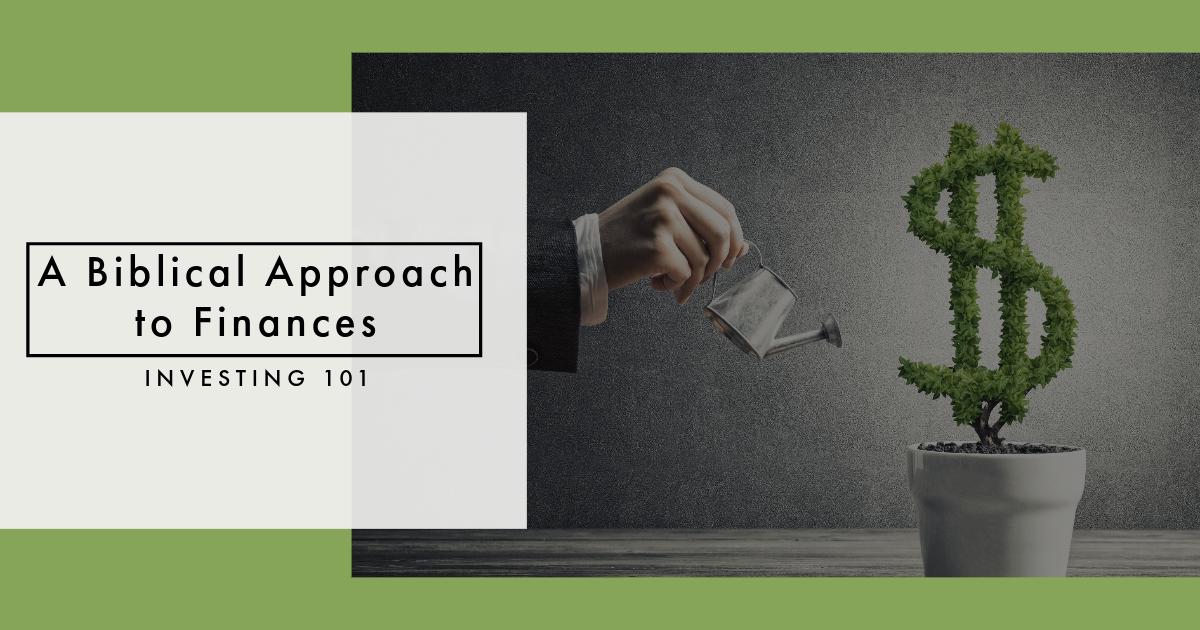
The key takeaway from this blog is that investing is not a one-size-fits-all approach. Depending on your objectives, time horizon, and risk tolerance, you will want to be invested in different things to fit your needs. Jeff shared a short TikTok video on different types of investment accounts:
@finance_nerd Financial planning can be overwhelming, especially trying to prepare for retirement. We want to help simplify retirement with this short video explaining the types of retirement accounts. #financialliteracyfriday #financialliteracy #retirement #retirementplanning #retirementaccounts #financialsuccess
♬ original sound - Finance Nerd - Finance Nerd
This is a lot of information in regards to investing, and it can seem overwhelming. The best next step to take if you're wanting to start investing, is to take our risk assessment. This helps us figure out what your risk tolerance level is and what your investing objectives are. If you're interested, you can find our risk questionnaire at risk.semwealth.com.
Again, we hope this series has been beneficial for you or someone you know. As we enter the last month of 2023, let's try to prepare for financial success in 2024! If you have other topics you'd like us to go through, please email me and let me know.





